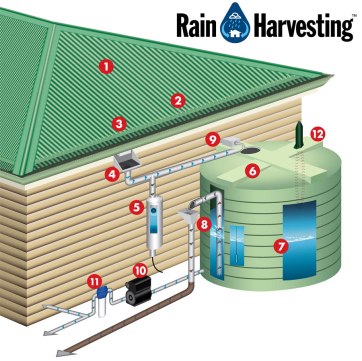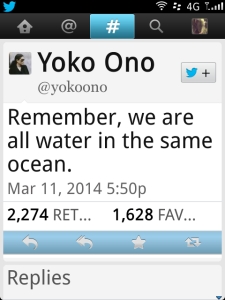Earlier this year, tanks containing several hazardous material have somehow released into a near-by river about one mile from Charleston, WV. This is what I listening to while I was driving home from class this afternoon, an interesting story on NPR (National Public Radio) highlighting undetected chemicals may have spilled into a river supplying drinking water to hundreds of thousands of residents in the state of West Virginia. According to a recent article published just 48 hours after the initial incident on the Washington Post digital newspaper, the tainted Elk River water contains a foaming agent used in the coal-preparation process — which is done to increase the heating value of the coal and also stripping it of impurities, thus prepping it to be transported to market — ,had leaked during the second week of January and had also left more than 300,000 people with restricted access to tap water.
Obviously, the “trickle down effect” works in more ways than one in this entire scenario. However, how is it that our policy makers from state-to-state regulate something as serious as chemical storage that could possible contaminate the water supply to hundreds of thousands of people, yet in some of those same city/states people aren’t allowed to harvest rainwater into drinking water and positive water conservation? Only in America!





